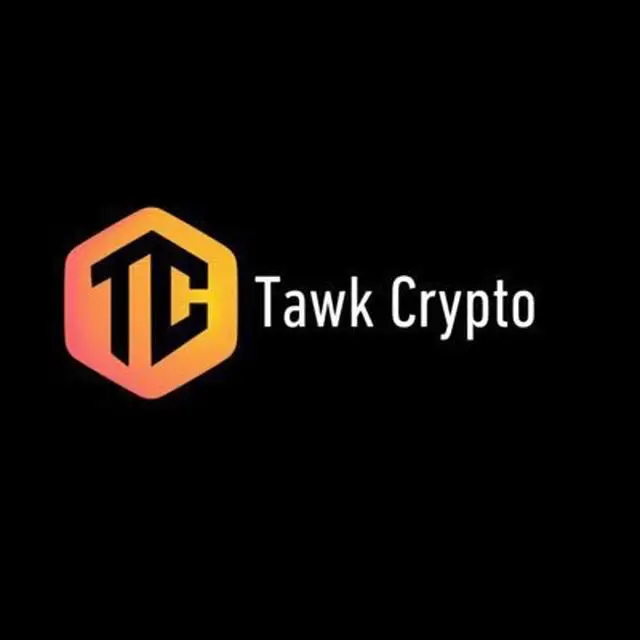

Ghana’s President John Mahama Confirms Social Media Hack, Denies Crypto Endorsements
Ghana’s President, John Dramani Mahama, has confirmed that his official social media page was compromised and used to promote a fraudulent memecoin scheme. The president has since regained control of the account and has ordered a full investigation into the security breach.
The Incident: Social Media Hack and Crypto Scandal
According to a statement from Mahama’s spokesperson, Kwakye Ofosu, the hack occurred last Saturday but was not immediately noticed until the following day. Fraudsters took advantage of the breach to make multiple posts endorsing the blockchain platform Solana and a memecoin named Solanafrica.
The unauthorized posts, now deleted, suggested that Mahama saw Solana as a “vital tool to drive financial inclusion in Africa.” The attackers also used his influence to shill Solanafrica, a memecoin with no credible backing, raising concerns about a coordinated scam aimed at defrauding unsuspecting investors.
Mahama’s communications team worked swiftly to recover access to the page and has reassured the public that all crypto-related posts made during the hack should be ignored.
Official Statement: No Crypto Affiliation
In response to the controversy, Mahama took to X (formerly Twitter) to confirm the security breach and distance himself from the fraudulent promotions. His spokesperson, Kwakye Ofosu, told AFP:
“The President’s X account was compromised, and we have taken action to regain control. The account has now been fully restored, and we urge the public to disregard any suspicious cryptocurrency-related posts from the handle.”
Growing Trend of Political Crypto Hacks
Mahama’s incident is the latest in a growing list of high-profile social media hacks targeting politicians and celebrities. Scammers exploit these accounts to pump and dump obscure cryptocurrencies, misleading users into investing in fraudulent schemes.
Africa has seen a surge in crypto scams, with public figures increasingly being targeted. Hackers often use high-profile accounts to lend credibility to their schemes, manipulating investors who trust endorsements from well-known figures. Just last year, Nigeria’s Minister of Communications fell victim to a similar attack, where his account was used to promote a fake Bitcoin giveaway.
Investigations Underway
Ghanaian authorities have launched an investigation into the breach, with cybersecurity experts working to identify the perpetrators. Digital security specialists warn that such hacks often stem from phishing attacks, weak passwords, or compromised credentials.
Experts advise public figures to strengthen their cybersecurity practices by enabling two-factor authentication (2FA), using unique passwords, and routinely monitoring account activity.
The Aftermath: Rebuilding Trust
While Mahama’s social media accounts have been secured, the incident underscores the risks associated with political figures being linked to crypto promotions, even unwillingly. The situation has reignited discussions on digital security, disinformation, and the need for stronger protections against social media hijacking.
The Ghanaian government has reassured the public that steps are being taken to prevent future cyberattacks on high-profile figures. Meanwhile, crypto investors are being urged to exercise caution and verify information before making investment decisions based on social media posts.
Final Word: Lessons for Crypto Investors
Mahama’s ordeal serves as a cautionary tale in the crypto space. Investors should be wary of sudden, unexpected endorsements from public figures and should always conduct due diligence before investing in digital assets. If an opportunity seems too good to be true—especially when tied to a politician’s social media—it likely is.
Stay tuned to TawkCrypto for more updates on crypto security, blockchain adoption, and financial trends across Africa.







